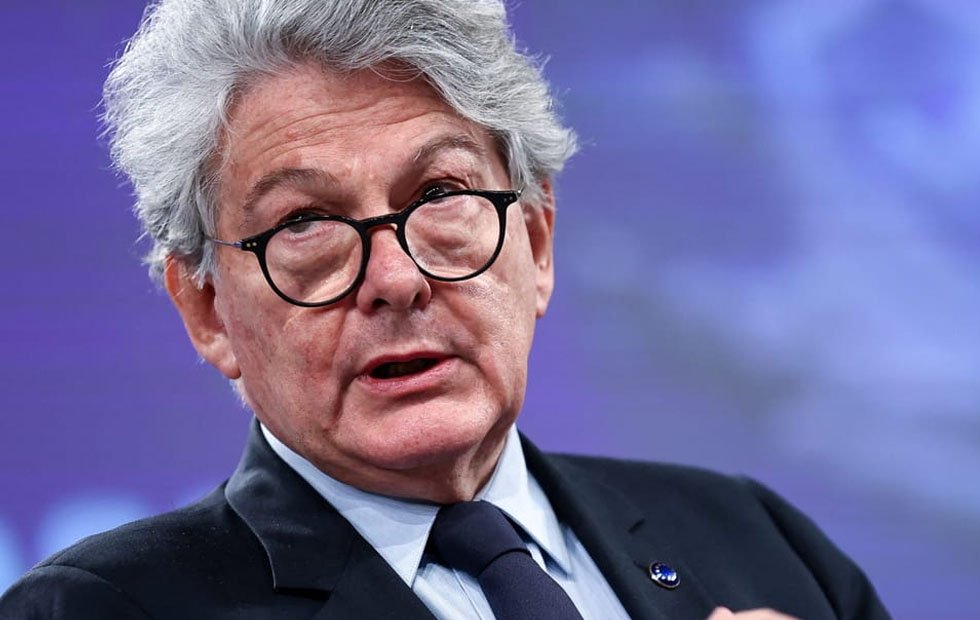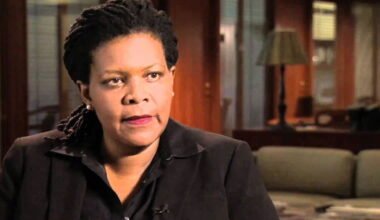European Commissioner for Internal Market Thierry Breton has stressed the significance of reducing residential heating to address energy issues aggravated by the Russia-Ukraine war. This is part of an EU-wide winter energy security policy.
Recommendations and Measures
Breton has regularly advised European households to lower their thermostats by 1-3°C in winter to save gas consumption. This measure aims to reduce energy use temporarily, supported by other activities like shutting off heating at night or when unoccupied.
Measures Suggested by Breton
| Measure | Description |
|---|---|
| Thermostat Reduction | Lower settings by 1-3°C to curb overall consumption. |
| Unoccupied Spaces | Turn off heating when rooms are empty. |
| Demand Reduction Targets | EU-wide goals to save up to 10 billion m³ of gas. |
Context and Numbers
Breton’s recommendations are urgent due to the EU’s 155 billion m³ annual reliance on Russian gas. The Commission predicts that lowering domestic thermostats by 1-2°C may save 10 billion m³ of gas, displacing a large chunk of Russian supplies.
Energy Context
| Contextual Factor | Details |
|---|---|
| Russian Gas Dependency | 155 billion m³/year across the EU. |
| Potential Savings | 10 billion m³ through thermostat reductions. |
| Strategic Impact | Displace Russian supply through conservation efforts. |
Key Locations and Events
This energy-saving program involves France and Germany, with France reaching 95% storage capacity by October 2024 thanks to demand-reduction initiatives. Finland, Denmark, and Berlin have promoted dimming street lights and limiting sauna use.
Locations and Events
| Country/Event | Activity/Outcome |
|---|---|
| France & Germany | High storage levels and cross-border energy support. |
| Finland & Denmark | Public campaigns to limit energy consumption. |
| Berlin | Adjustments in public lighting and heating. |
Timeline and Impacts
Gas-saving efforts in the EU have reduced demand by 15% since 2022-23. By October 2023, storage rules demanded 90% fill and further heating reductions. However, petrol demand rose 10% in winter 2024-25, indicating a usage resurgence.
Timeline
| Time Period | Event/Activity |
|---|---|
| Winter 2022-23 | Initial gas-saving campaign rollout. |
| October 2023 | Storage mandates and further reduction calls. |
| Winter 2024-25 | Increased gas demand despite conservation efforts. |
Broader EU Measures
In addition to thermostat adjustments, the EU is improving storage capacities, diversifying supply channels, and using behavioural and market drivers to reduce demand. This multimodal method mitigates Russian supply concerns and stabilises energy.
Broader Measures
| Strategy Component | Description |
|---|---|
| Storage Mandates | 90-95% fill before winter each year. |
| Supply Diversification | Increased LNG imports and new pipelines. |
| Market Drivers | Pricing signals to incentivize demand cuts. |
FAQ
How does Thierry Breton advocate saving energy in winter?
For gas savings, Breton recommends reducing thermostats by 1-3°C and shutting off heating in unoccupied quarters or at night.
Why is this reduction important?
Reducing heating settings can save 10 billion m³ of gas, reducing EU dependence on Russian energy.
How are these measures applied in Europe?
France and Germany are increasing storage and promoting energy efficiency.
How did earlier ads affect petrol consumption?
These efforts worked, reducing EU emissions by 15% in winter 2022–23.



